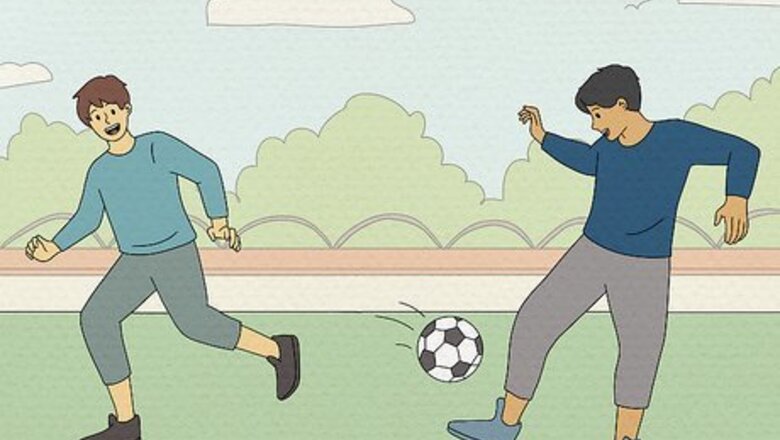
views
- Spend time with your friend and reach out to them often. Be present when you’re together and listen to what they have to say.
- Be trustworthy and loyal to your best friend. Keep their secrets and stick up for them when they need support.
- Communicate openly and honestly and work together to resolve any conflicts in your friendship.
Ways to Be a Better Best Friend
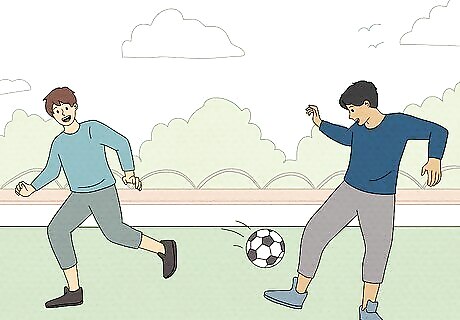
Spend time with your best friend. Hang out on the weekends, plan activities together, do homework together and chat during the break at school. You don't have to live in each others' pockets, but make sure you spend some quality time together with your best friend to make the friendship grow and become stronger.
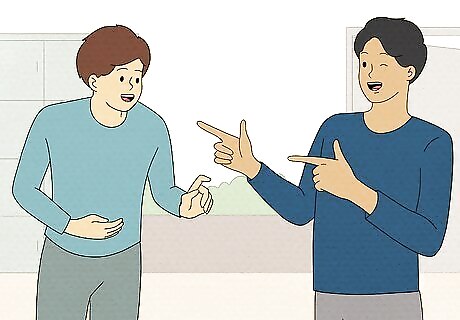
Bring humor and laughter to their life. There is nothing like laughing and smiling to bring people together. Besides, when you're really best friends, you can laugh at the silliest stuff, and it doesn't really matter. Take time out of your day to appreciate the funny things in life.
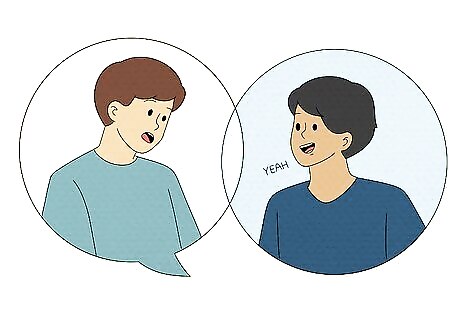
Listen to your friend. Develop good listening skills and listen as much as you talk. Whenever your best friend says something, hear them out and respond thoughtfully. If they ask for advice, listen carefully and give them the best advice you can. Show your friend that you’re actively listening by making eye contact, nodding along as they talk, and avoiding minimal responses like "yeah." Avoid interrupting your friend or constantly fidgeting while they speak.
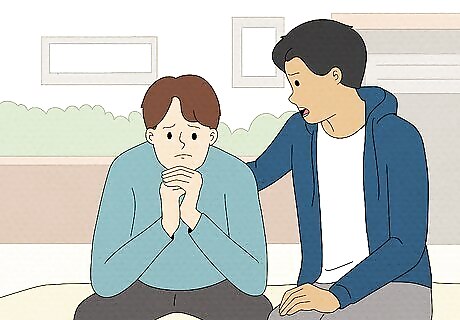
Show up for your friend when they need you. Let them sit with their emotions without trying to fix things for them right away. Ask them how they need support and be willing to cancel other plans to spend time with them. Support your friend during their low points as much as you celebrate them when they’ve done something amazing. Being a best friend is all about being there for both the highs and lows!
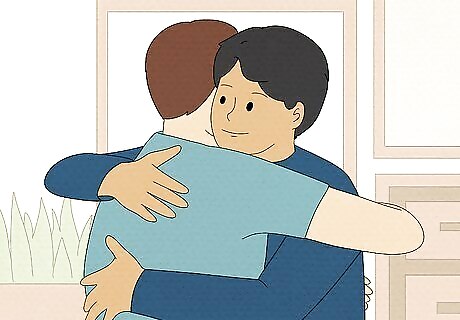
Show your friend that you care. If your best friend is upset, ask them what's wrong. They might not tell you immediately, but they should in the end. If they don't tell you, don't get angry at them. Understand that certain things are private, and trust that they'd be just as patient with you if you were in their shoes. Show your friend physical care by giving them a hug. However, not everyone finds physical touch comforting, so be sure to ask first. If your best friend is upset after a breakup, reassure them that they will find someone who loves them for who they are. Remind yourself that lending a helping hand to your best friend doesn't really cost you anything—and your best friend would do the same for you in your time of need. If your friend is away from home, send them cards or care packages to show that you care.
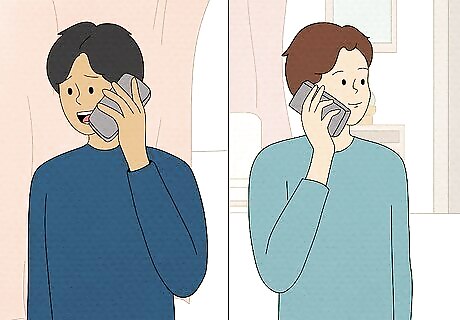
Check in often with your best friend. Call them or text them if you haven’t caught up in a while. If your friend has seemed especially quiet lately, they may need support but do not know how to ask for it. Reach out and let them know you’re available whenever they need you. If your best friend moves, keep in touch via email, text, social media, and voice or video calls. You might even exchange written letters! Plan trips to meet up as much as possible, too.

Have realistic expectations for your friend. Best friends are the most valuable friends you have, but they can't help or support you in every aspect of your life. Setting too-high expectations for your best friend will only leave you disappointed and defeated. Accept that your friend is human and can’t be there for you 100% of the time. Don’t be quick to pick them apart or make the assumption that they don’t care about you. Show gratitude for what your best friend does do for you and express your appreciation to them directly.
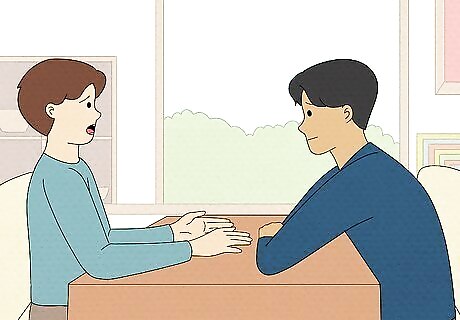
Communicate your feelings to your friend. Share any feelings you have and let your best friend support you through them. Whether your feelings are about your friendship or another aspect of your life, communicating with your bestie will make you better equipped to go through thick and thin together. Be vulnerable with your best friend and show them the parts of yourself you may hide from others. With the right friend, being vulnerable and openly communicating will only strengthen your friendship.
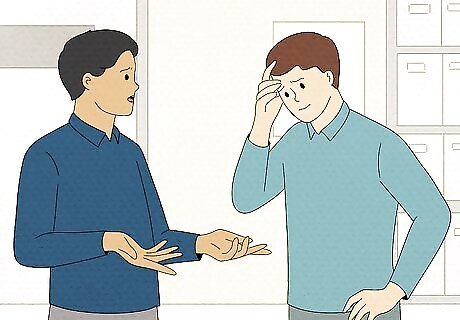
Work through conflicts together. Arguing in any relationship, even between best friends, is normal. Try to stay calm and avoid saying anything you can’t take back. Apologize after your fight with your friend, but understand that it may take some time to get over what's happened. Let them cool down and talk to you when they are ready. Never ignore the problem and pretend it doesn't exist. It will not fade, and it will eventually pop up again later. It's best to solve the problem while it's small before it grows bigger and more painful.
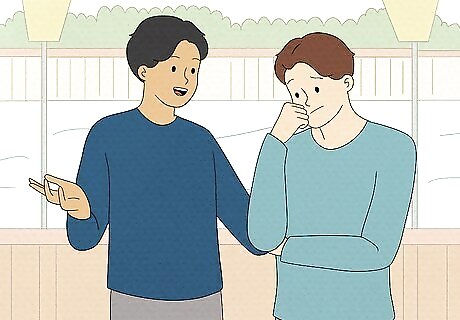
Let go of any past mistakes your friend has made. It’s okay to address problems in your friendship with your bestie, but let them move on once they’ve made an effort to apologize and improve. Understand that your friend has feelings, and it's best to only focus on the faults that are the biggest threat to your friendship. Everyone has their own faults that they need to work through. Be empathetic and support your friend in working through their flaws.
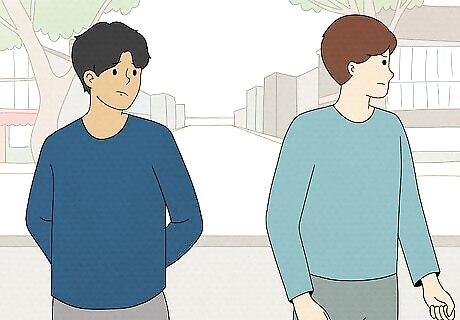
Understand that best friends sometimes grow apart. It's natural to stop having chemistry with a certain person. If you grow apart, for whatever reason, be happy for the good times, and know how lucky you were to have that great person be a part of your life. If neither of you makes an effort to get together, or if you get into fights with them for no reason, it might be a sign that you need time apart. You may also need a break from one another before you can come back closer than ever. Always treat your friend with respect, even if you grow apart. Reader Poll: We asked 258 wikiHow readers, and 52% of them agreed that the best way to cope with changes in your friendship is to focus on your own interests and hobbies. [Take Poll] This can help you process your feelings and find fulfillment outside of the friendship.
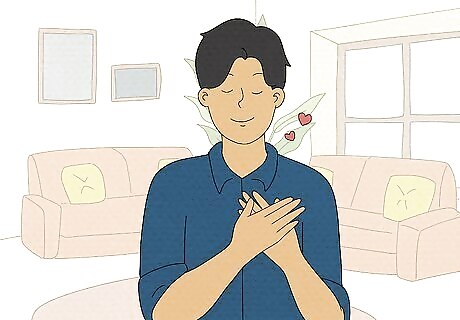
Be yourself. Your best friends will love and appreciate you for exactly who you are. Being "fake" could lead you to lose your best friend, and it gets tiring to be someone you're not. Be best friends with someone who you know you can be yourself around. You’ll never truly be that close if you can’t be yourself.
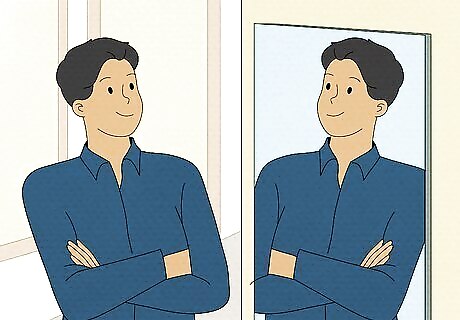
Be your own best friend first. Get to know yourself better and what your needs and wants are. Decide what boundaries are important to you and respect them. Understand what values are important to you and stick by them. Seek out others who honor those values and boundaries. Not only is this healthy for you, but you'll also get enough practice and experience to be familiar with this area when it comes to respecting other people's boundaries. Close relationships with other people — whether it's a romantic relationship or an intimate friendship — teach us a lot about ourselves. Don't judge yourself too harshly. Have self-compassion and work on loving yourself so that it’s easier for others to love you back.
Signs of Not Being a Good Best Friend
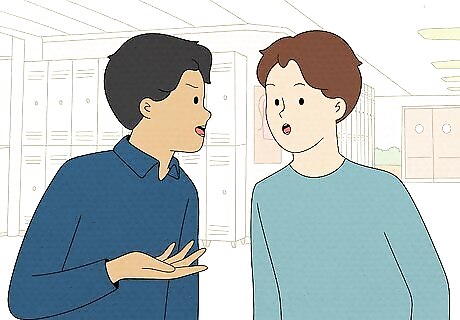
Sharing your best friend’s secrets. Being trustworthy is crucial to being a good best friend. When your best friend tells you a secret, keep it to yourself. Even if the secret seems harmless to you, there’s a reason they trusted you with it and not someone else.
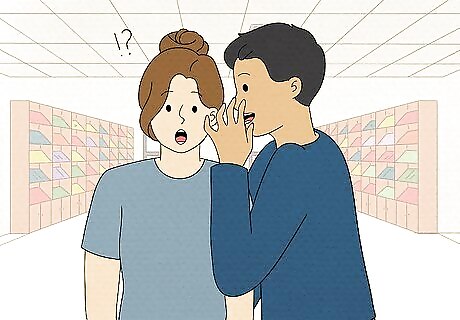
Gossiping about your friend. Avoid talking negatively about your friend to other people or gossiping about things they’ve done. Keep anything to yourself that could turn into a rumor. Make sure your best friend is okay with it before telling anything about them to other people. For example, if your best friend has a crush on someone, they'd probably be embarrassed if you told others. However, it’s okay to occasionally vent to someone about your best friend if they aren’t also closely connected to your friend. Healthy venting to an outside source can reduce stress and actually strengthen your friendship in the long run.
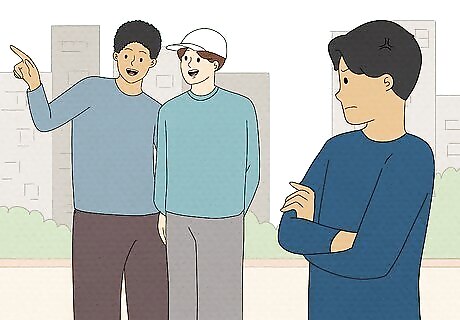
Being jealous that they have other friends. Jealousy is a normal emotion, but it’s important to recognize that your best friend should have other friends. You wouldn’t expect to only ever spend time with your best friend and not have any other friends of your own. If you feel like your best friend is the only person you spend time with, try to branch out and make some new friends. Try making friends with your bestie’s new friends—maybe you can form a new friend group!
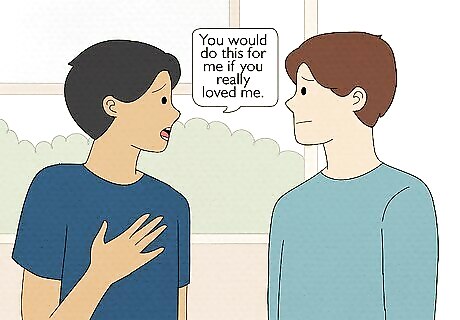
Taking advantage of their loyalty. You may know that your best friend is super loyal to you and would do anything for you. Avoid taking advantage of that kindness by asking your friend to do things that they shouldn’t have to. For example, asking your friend to run errands for you or deal with your problems may be a way that you’d take advantage of their loyalty. Similarly, testing your friend’s loyalty by saying things like “You would do this for me if you really loved me” is manipulative and unkind.
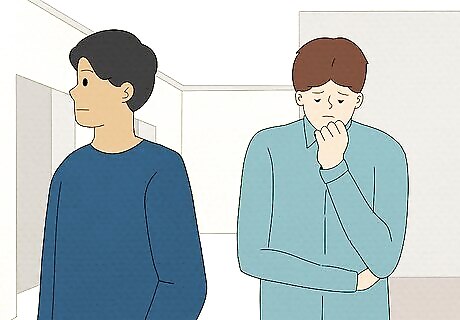
Never apologizing to them. No one is perfect, and you may do things that upset your friends—even if you didn’t mean to. Apologize to your friend when they bring up issues in your relationship. Try not to grow defensive or harbor bitter feelings against them. Chances are your friend is only trying to help you become a better person, and you should feel blessed to have such a thoughtful best friend. Also, if you improve yourself, you can prevent future friendships from falling apart. However, if your friend picks on you for one of your character flaws, kindly let them know how you feel. If they refuse to stop, you may not want to spend as much time with them anymore.
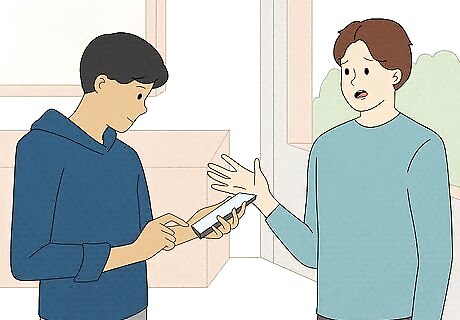
Not putting equal effort into the friendship. Being a best friend means reciprocating your friend’s efforts and ensuring your friendship goes both ways. Is your friend always reaching out to you to make plans, or do you text them just as much? Do you put in effort to ask them questions and understand what they need out of a friendship? Even if you truly care about your best friend, they may feel unloved or unsupported if they have to do most of the work in your relationship.
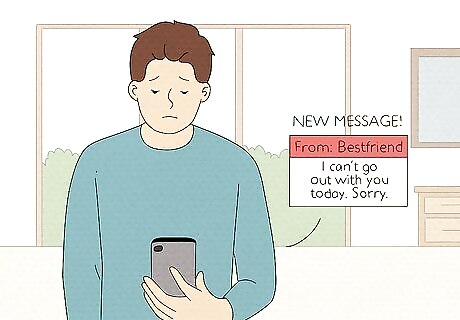
Frequently canceling plans. Everyone gets busy, and it’s okay to bail on plans every once in a while. But if you’re constantly canceling plans to hang out with someone else or do something you think would be more fun, it doesn’t show your friend that you care very much about them.




















Comments
0 comment